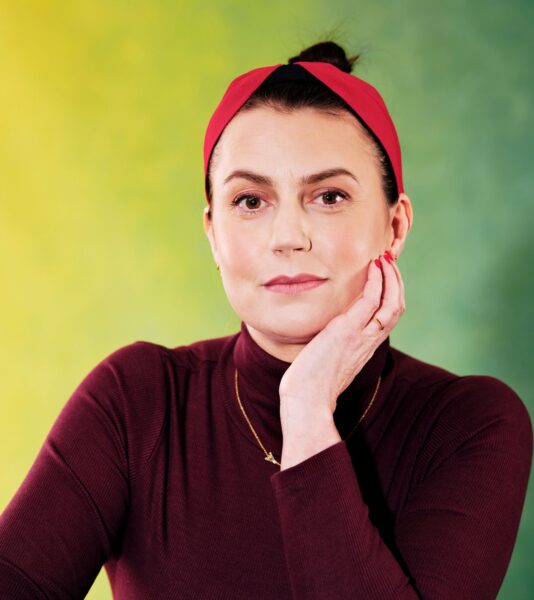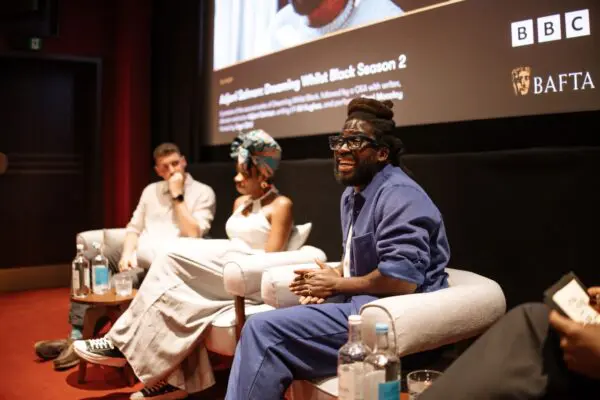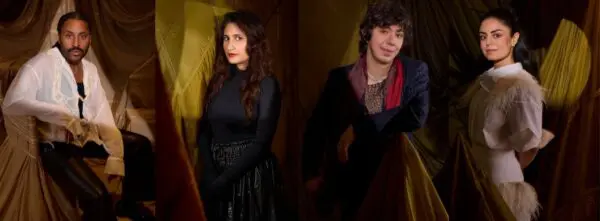Alice Rohrwacher, the Italian director behind La Chimera and The Wonders, has spoken about how cinema can create human connections as she reflected on her experiences working in film.
Speaking as part of BAFTA’s latest Screenwriters’ Lecture Series, Rohrwacher explained: “The cinema I love creates connections. [It] does not create divisions. [It] enters inside the roots to pass under borders, to reach forbidden lands. Because borders really are just imaginary lines.”
The director, who is also known for her acclaimed works Heavenly Body and Happy as Lazarro also shared it was the act of “really delving deep down” when making a film that leads her to “always find something that unites me with other human beings, not something that separates me.”










